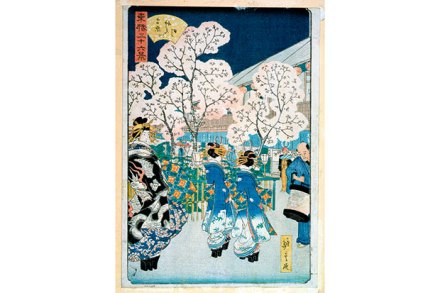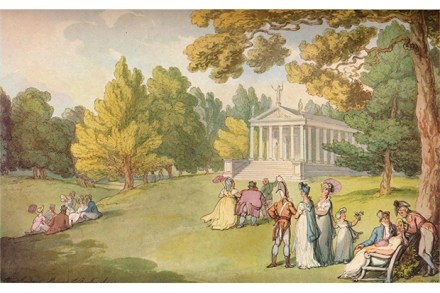Trees of life and death
Was it perhaps the landscape historian Oliver Rackham who gave rise to our present preoccupation with old trees through his pioneering works on ancient woodland? He certainly pointed out more than 40 years ago that 10,000 centurion oaks ‘are not a substitute for one 500-year-old oak’. Since then, shelves of books have been written on these veterans, and in The Long, Long Life of Trees Fiona Stafford makes a welcome and entertaining contribution. She draws on material from fields including folklore, natural science, literature, cultural history, European art, ancient mythology and modern medicine to illuminate such trees’ central place in western civilisation. Sometimes all of these are skilfully blended in




















